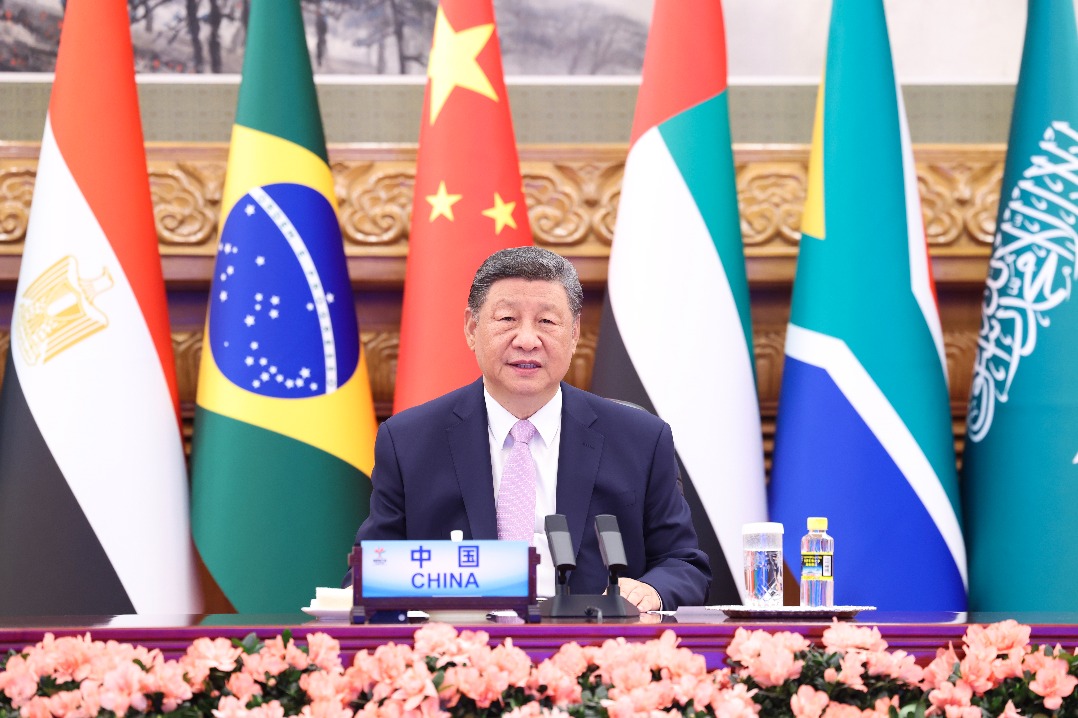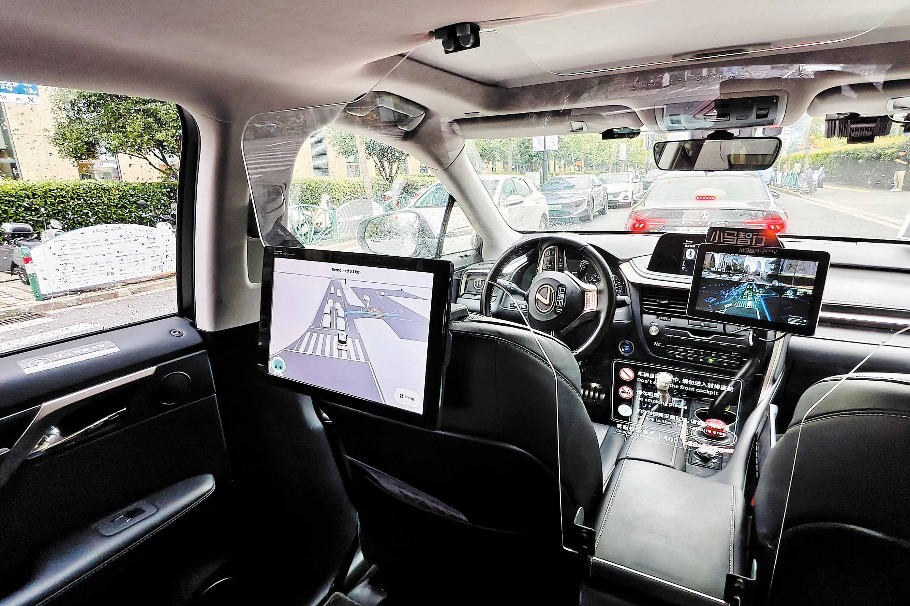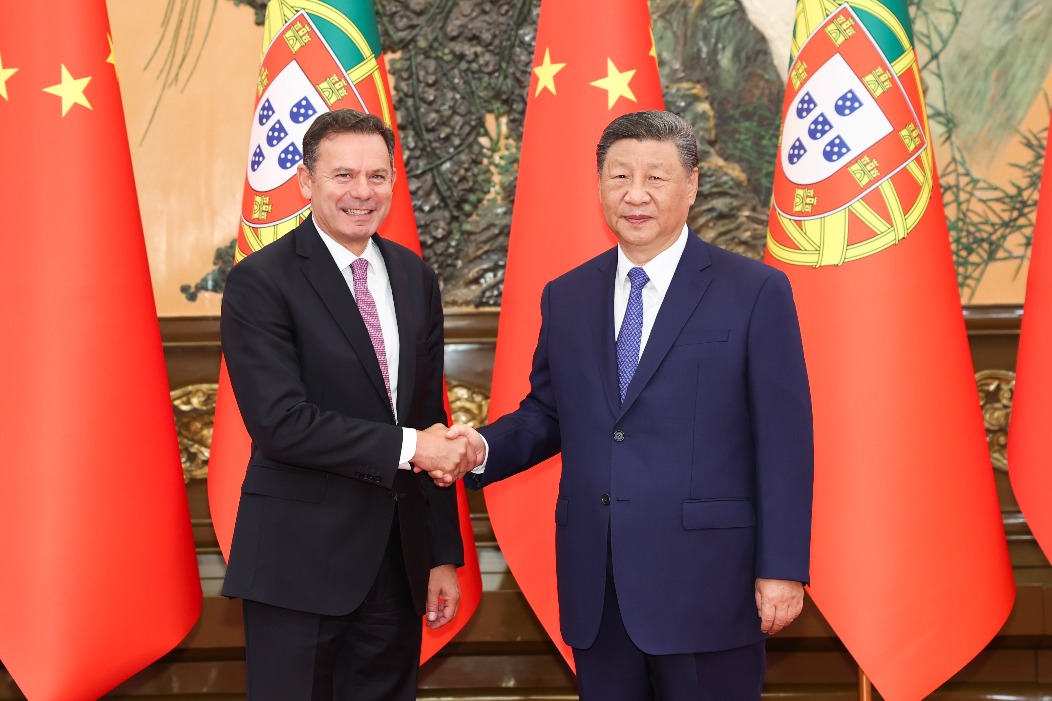Saving lives best way to protect human rights

Special measures needed to ensure economic equality
Since there is as yet no vaccine or a specific set of medicines to treat COVID-19 patients, lockdown and other measures to contain the spread of the virus, despite extracting a heavy socioeconomic price, was essential to save lives. But countries that believe in "economy first" have seen a conflict between the right to life and the right to economic activity thanks mainly to government policies.
Yet economic equality, not resumption of economic activity, should be promoted to strike the right balance between economic freedom and the right to life.
Securing the rights of the poor should be the bottom line in times of emergency. The authorities need to distinguish between the economic interests of elites and the right to work of the working class, because sacrificing the health and life of the majority for saving the economy would mean giving priority to elites' interests.
At a time of high infection risk, economic problems should be addressed through social security and welfare programs, not resumption of production. And a special social security system to cope with major public health emergencies should be established to maximize economic justice, including strengthening social security, and giving debt relief, paid leave and subsidies to the needy.
After the pandemic is fully contained, economic freedom will automatically retain its special place as a material guarantee to the right to life.
Wang Xigen, head of the Institute of Human Rights Law, Huazhong University of Science and Technology
States have obligation to protect human rights
According to the European Convention on Human Rights, some restrictions are necessary in a democratic society. Yet under parliamentary control, restrictions should be continually reviewed, because the longer the restrictions are in place the more negative the impact they have. States should determine whether the measures are proportionate, and if they are not, they should abolish them.
Also, no measure should be discriminatory in nature. Before imposing any measures, governments should take into consideration the rights of all people, their impact on certain groups-such as senior citizens, people with disability, children, migrant workers and the homeless-to make sure people are not disproportionately affected. In particular, governments should protect the vulnerable, including women and children who are more susceptible to domestic violence, people in over-crowded prisons, patients in long-term care. For example, when inmates in Norway complained they can't receive visitors, the government arranged for videoconferences.
Broad public debate has become more important than ever amid the outbreak. Since the pandemic has affected all aspects of life, it is essential that its impact on human rights is publicly debated. States must ensure media freedom, freedom of civil society and human rights defenders, so the public can rest assured that the government is making decisions in the interest of everyone. And when disseminating information, governments should ensure it reaches linguistic minorities, too.
Parliamentary control is also very important in a democratic society; it is needed to regularly assess the anti-pandemic measures. It is also important that states engage with national human rights institutions to better protect people's human rights and their defenders.
Petter Wille, a board member of European Network of National Human Rights Institutions
Culture plays big role in boosting anti-virus fight
In China, people in general have great respect for experts, especially in the sciences. When Zhong Nanshan, a renowned specialist in respiratory diseases, suggested ways to protect against coronavirus infection, nearly all Chinese people followed his advice. Zhang Wenhong, another specialist, too, convinced people to adopt some practices to prevent infection. In the United States, it seems, such experts do not have the same level of influence.
Trust in political leaders prompts people to follow official directives during an emergency, because they believe the government will act in the best of their interests.
The tradition of filial piety also played a key role in the Chinese people following strict anti-epidemic measures right from the beginning, because they know the elderly are more vulnerable to COVID-19. The Confucian principle of respect for the elderly in China and other Eastern countries helped to minimize similar risks.
Countries sharing the Confucian philosophy with China are more likely to empathize with each other. No wonder Japanese aid packages with poems pasted on them touched many a Chinese citizen. Similarly, when China later dispatched masks, ventilators and medical equipment to Japan-when cases in that country began rising-it pasted Chinese verses on the parcels wishing Japan quick victory in the fight against the virus.
Cultural activities, too, brought comfort to many people. The global online concert, One World: Together at Home, initiated by the World Health Organization and US singer Lady Gaga, inspired people around the world to unite in the fight against the pandemic.
But instead of copying the Western model, China will implement programs that it believes will be effective in the country and better protect human rights. Countries that share some cultural traits, for example European countries or Asian countries such as China, Japan and the South Korea, could collaborate more easily in the fight against the virus. But only if countries adopt non-discriminatory and equitable policies can they strengthen international cooperation in the fight against COVID-19 and better protect human rights.
Zhang Wanhong, a professor at the School of Law, Wuhan University

































